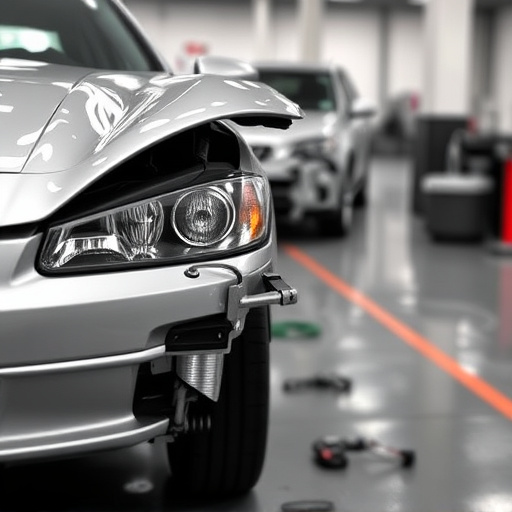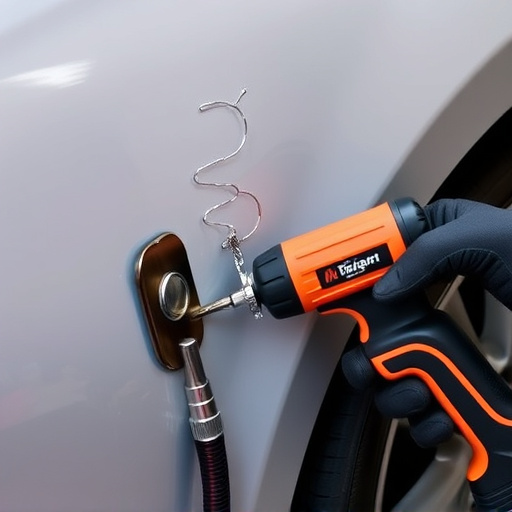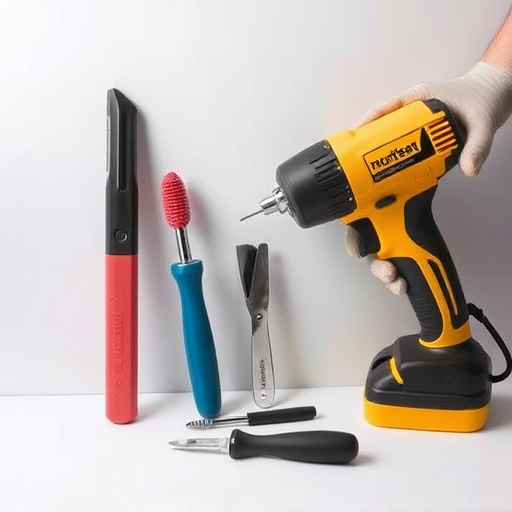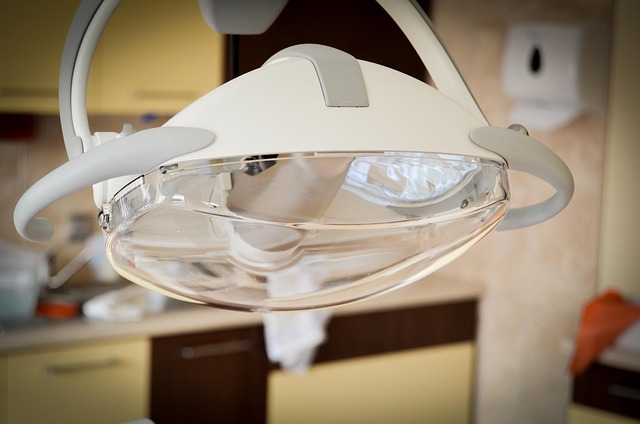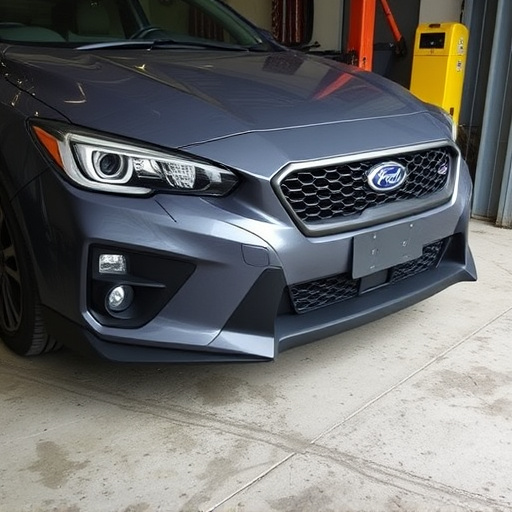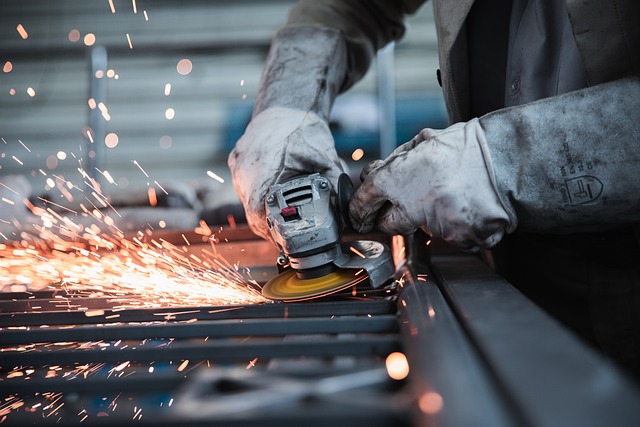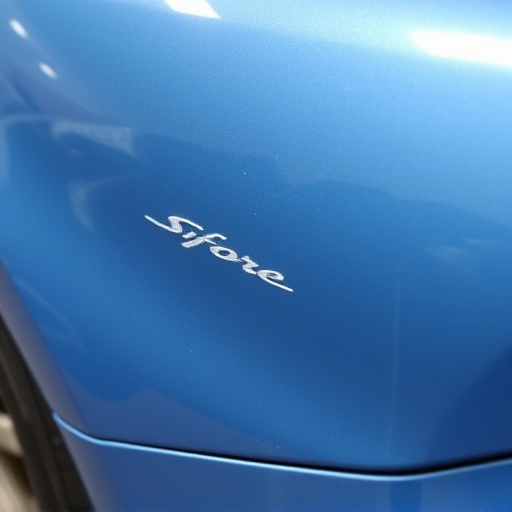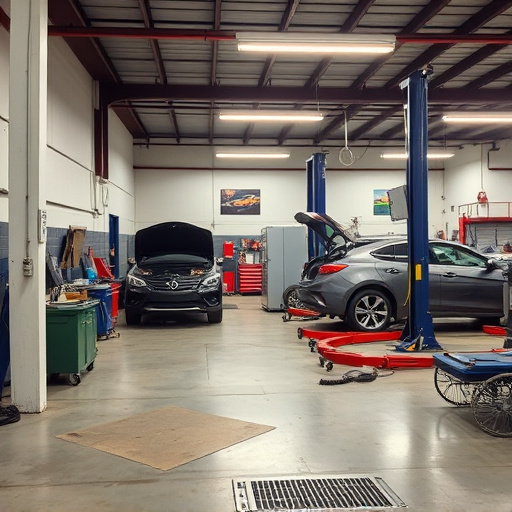Solvent-based auto paint, though popular for its quick application and drying times in collision repair, poses health risks due to toxic fumes and is sensitive to moisture. For smaller, precise repairs, alternatives like water-based paints and composite repairs with polymer or epoxy resins offer safer, eco-friendly options. Water-based paints are increasingly used for extensive collision repair due to their low odor, environmental benefits, and reduced risks for technicians.
“Considering a repair project, especially on older vehicles? Know when to steer clear of solvent-based auto paint. This traditional option, while once prevalent, has limitations that can hinder optimal results. This article guides you through understanding the properties and constraints of solvent-based paint, identifying scenarios where it’s not the best choice, and exploring effective alternatives for various repair needs. Make informed decisions to ensure long-lasting, high-quality repairs.”
- Understanding Solvent-Based Auto Paint: Properties and Limitations
- When Solvent-Based Paint Isn't the Best Choice for Repairs
- Alternatives to Solvent-Based Auto Paint for Different Repair Scenarios
Understanding Solvent-Based Auto Paint: Properties and Limitations
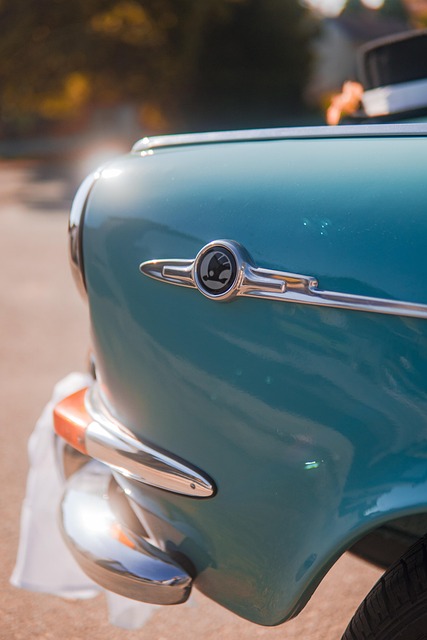
Solvent-based auto paint is a type of coating that has been a staple in collision repair centers and auto detailing services for decades. It’s characterized by its use of organic solvents to achieve a smooth, durable finish. These paints are known for their excellent coverage, ability to match various car colors precisely, and fast drying time, making them popular among professionals. However, there are inherent limitations that make it less ideal for certain repairs.
The properties of solvent-based auto paint include high volatility, which means it evaporates quickly, aiding in fast application and drying. While this is beneficial for efficiency, it also poses health risks to technicians due to the toxic fumes released during the painting process. Additionally, these paints can be sensitive to moisture, requiring a controlled environment for optimal results. This makes them less suitable for repairs involving water damage or where humidity levels are high, as they may not adhere well or cure properly.
When Solvent-Based Paint Isn't the Best Choice for Repairs
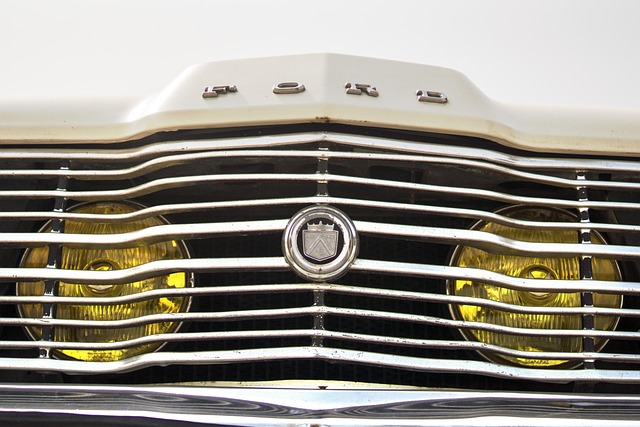
When it comes to car repairs, especially in the realm of auto maintenance and car restoration, choosing the right paint is crucial. Solvent-based auto paint has long been a go-to option due to its versatility and durability. However, there are instances where this type of paint isn’t the best choice for specific repairs. One key consideration is the project’s scope: solvent-based paints might be excessive or even counterproductive for smaller, localized fixes, like paintless dent repair, where precision and minimal disruption are essential.
Additionally, the environmental impact and health concerns associated with solvents should influence your decision. In today’s eco-conscious world, many prefer alternatives that offer similar benefits without the adverse effects of solvents. This shift has led to a focus on water-based paints, which reduce both environmental pollution and exposure risks during auto maintenance procedures. Thus, understanding when solvent-based paint isn’t ideal opens up doors for more sustainable and efficient car restoration techniques.
Alternatives to Solvent-Based Auto Paint for Different Repair Scenarios

When considering repairs for your vehicle, it’s crucial to understand that solvent-based auto paint isn’t always the best choice. This traditional method, while effective, comes with drawbacks, especially in certain repair scenarios. In many cases, eco-friendly and safer alternatives exist, offering advantages in terms of reduced odor, lower VOCs (volatile organic compounds), and faster drying times.
For minor dents and scratches, composite repairs using polymer or epoxy resins are ideal. These materials mimic the original paint structure, providing a durable fix without the harsh chemicals. In more extensive collision repair services or auto body restoration projects, water-based paints have gained popularity due to their low odor and environmental friendliness. This shift towards greener options not only benefits the planet but also ensures safer working conditions for technicians.
While solvent-based auto paint offers specific advantages, it’s not always the ideal choice for every repair scenario. Understanding its limitations is key. For certain projects, especially those involving delicate surfaces or complex repairs, alternatives like water-based or hybrid paints provide better results. By considering these options, automotive enthusiasts and professionals can achieve superior finishes that withstand time and wear.
